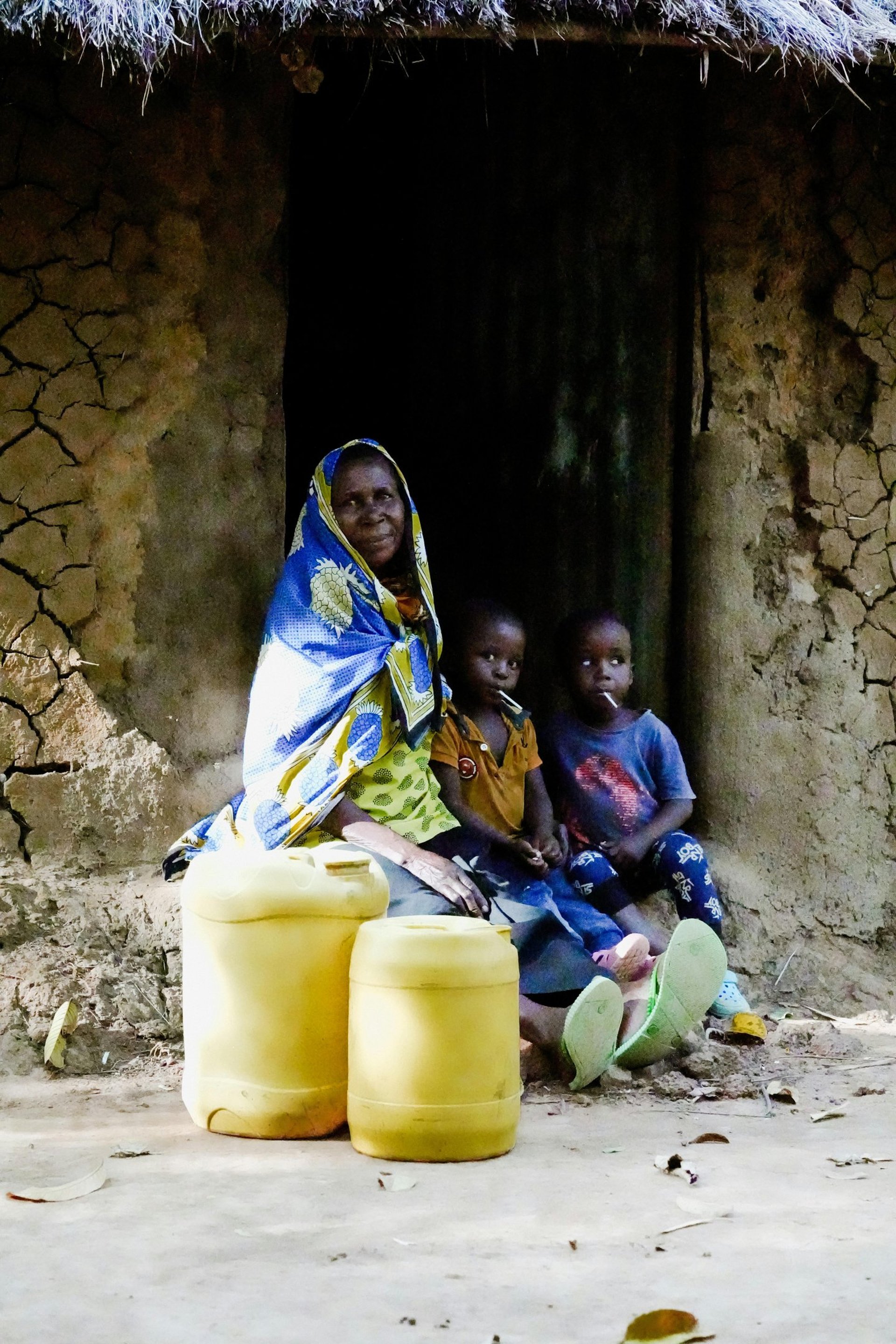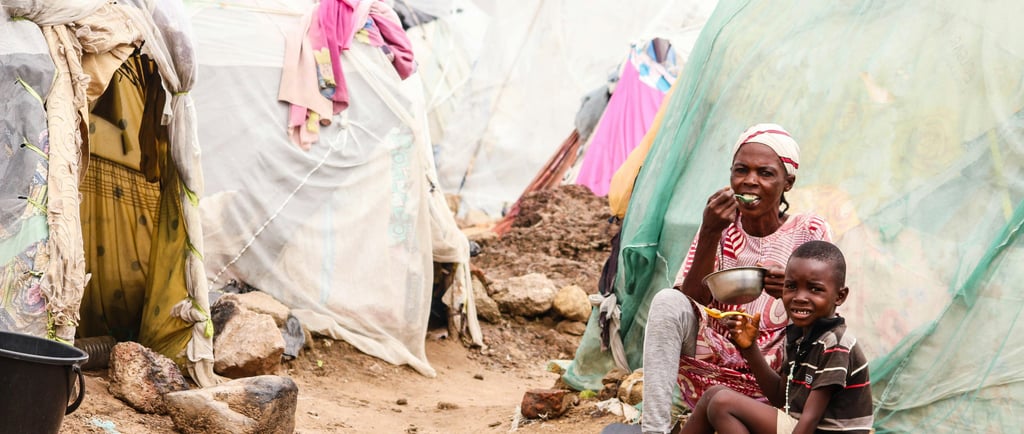Navigating Displacement and Integration: Challenges and Resilience Among Refugees in Koboko District, Uganda
Let us navigate Displacement and Integration: Challenges and Resilience Among Refugees in Koboko District, Uganda
8/25/20252 min read



Introduction
Forced migration due to conflict, economic hardship, and insecurity has displaced millions globally, with Uganda hosting one of the largest refugee populations in Africa. This study explores the lived experiences of refugees in Koboko District, focusing on their journey to safety, the conditions upon arrival, resource-based conflicts, and the efforts toward peaceful coexistence with host communities. The research seeks to understand the primary challenges faced by refugees and the mechanisms, both formal and informal, adopted to promote integration and mitigate tensions.
Research Questions:
What are the key challenges faced by refugees upon arrival in Koboko?
How do resource constraints affect refugee-host community relations?
What peacebuilding efforts have been undertaken, and how effective are they?
Significance:
This study contributes to humanitarian discourse and development planning by providing grassroots insights into refugee integration dynamics and offering recommendations for policy and community-level interventions.
Methods
A qualitative approach was adopted for this study. In-depth interviews were conducted with refugees living in Koboko District. One prominent participant, Musema Asiki, provided rich narrative data that represent broader patterns observed among displaced persons in the region. The data were analyzed thematically, focusing on migration experiences, integration challenges, resource conflicts, and peacebuilding.
Ethical Considerations: Participants were informed of the study's purpose, and verbal consent was obtained. Anonymity and confidentiality were ensured.
Results
Migration and Arrival: Refugees often flee due to violence, food insecurity, disease, and political instability. The journey is fraught with danger, with some perishing along the way. Upon arrival, many face dire living conditions, including inadequate shelter, food, and healthcare.
Resource-Based Struggles: Scarcity of fertile land, clean water, and firewood has strained relations between refugees and host communities. Refugees often rent land or gather firewood from nearby forests, leading to tension and occasional conflicts with locals. Deforestation and environmental degradation exacerbate these issues.
Peace and Integration: Despite these challenges, efforts have been made to foster peaceful coexistence. NGOs and government agencies have initiated dialogues and introduced peace education programs. However, these are often undermined by continued food insecurity and poor living standards.
Cultural Dynamics: Refugees and host communities share proverbs and songs that promote peace, but tangible support, especially in improving livelihoods, is lacking.
Discussion
The findings align with existing literature on refugee-host dynamics in low-resource settings. Food insecurity and poor infrastructure fuel resentment and conflict. While peace education and sensitization campaigns help, they are insufficient without parallel improvements in basic services. The study emphasizes the importance of multi-sectoral interventions that combine food aid, healthcare, livelihood support, and conflict resolution mechanisms.
The narratives reveal that integration is not merely about geographical relocation but involves psychological, social, and economic adjustments. Programs that emphasize joint resource management and shared benefits could reduce host-refugee tensions.
Limitations: The study focused primarily on a single narrative and geographic location, limiting generalizability. Future research should include a larger and more diverse sample to validate these findings.
Conclusion
Refugees in Koboko District face numerous hardships, from perilous migration journeys to post-settlement struggles over resources and identity. Despite these challenges, many individuals show resilience and a willingness to coexist peacefully. Addressing food insecurity, expanding healthcare access, and promoting sustainable resource use are crucial for improving refugee-host relations. Practical, well-funded peacebuilding initiatives grounded in local realities are essential for long-term harmony.
Abstract
This study explores the integration challenges faced by refugees in Koboko District, Uganda. Through qualitative interviews, particularly with a refugee named Musema Asiki, it examines the harsh realities of displacement, resource-based conflicts, and peacebuilding efforts. Findings show that food shortages, inadequate healthcare, and competition over land and firewood hinder peaceful coexistence. Although NGOs and government initiatives have attempted to foster peace, their impact is limited by continued poverty. The study concludes that sustainable integration requires holistic interventions, including resource management and livelihood development. These findings offer valuable insights for policymakers and humanitarian actors.
Service
Empowering communities through faith and innovation.
Connect
Subscribe for our newsletter
info@donneemart.online
+256-774-143-794
© 2025. All rights reserved.
